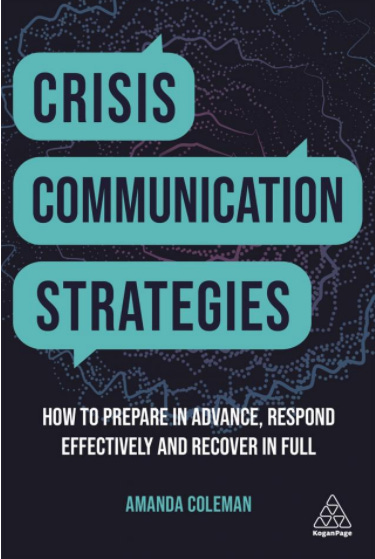Summer of Discontent
There is a lot of discussion in the media about the UK heading into a summer of discontent to rival the winter in the 1970s. It comes as the railways ground to a halt this week because of a series of strikes. There are suggestions that teachers, postal workers, nurses and others may be planning industrial action.
The cost of living crisis in the UK has led to the conditions where workers are increasingly frustrated that they are in reality seeing pay cuts as the inflation rate has already hit 9 per cent. So far there has been a strong line from the Government that pay increases risk making the situation spiral. Now, I am not an economist so will leave those debates for others. What matters to me is what the situation means for crisis preparedness.
My concern is that when people are focused totally on stretching the pennies, managing the bills and putting food on the table they have no capacity to consider preparedness for crises that lie ahead. So what do we need to do?
The key is to find ways to make preparing for the future part of the day-to-day work being done to attempt to manage in the current challenging climate. If looking at how emerging risks can be minimised is a way to make the coming days easier they people are more likely to be interested. For organisations, they must not take their eye off being prepared and particularly to be alert to re-emerging and emerging issues. At the moment we are all seeing increasing Covid-19 rates in the UK which indicates there are more situations that could be on the horizon.
As communicators we have a key role to play, not just in trying to help people with the daily grind at the moment. But also in finding ways to keep people united as growing industrial action across sectors risks tension within society. One thing I am clear about is that we cannot rely on the Government to help with today or to plan effectively for tomorrow. We need to do this ourselves.
Don’t bury your head
Amanda wrote a recent blog for Crisis Response Journal looking at the importance of preparedness. In light of the recent UK review of the Civil Contingencies Act, the article supports the reports authors in calling for more conversations with the public about risks, issues and being ready for the next crisis. Read the article here.

Policing Events and the impact on communication
Amanda spoke to Romanian based fellow crisis communicator Ana Diceanu recently about the Champions League and what it means for communication. Answering a series of questions, Amanda explained that organisations should prepare, focus on what they can accurately say, and it is never too late to say sorry. Find the article here.
Watch this space
In the next edition of Under Pressure there will be some interesting news about Amanda’s book Crisis Communication Strategies. The book was published in May 2020 and has been well received remaining in the list of top PR and communication books on Amazon.
In Brief:
A report into a wildfire in December 2021 in Boulder County, America found room for improvement in almost every aspect of communication. Among the elements highlighted were problems with the emergency notification system. Read more here.
In a latest blog Amanda talks about the fine line between preparedness and survivalism and asks if we are ready for power blackouts. Read more here.
Diary Dates:
Modern life is challenging and modern communication requires effective decision making. That is the focus of a workshop by Amanda on behalf of the PRCA taking place on 27 July. Find out how to join here.
If you are interested in effective crisis management from preparing through to recovery, Amanda is running her popular Crisis Management webinar for the PRCA on 28 July. Find out more here.
JUST CONFIRMED: Amanda will be running a crisis communication simulation workshop for the Virtual Crisis Communication Boot camp run by P World on 15 and 16 September. More in future editions of Under Pressure.


